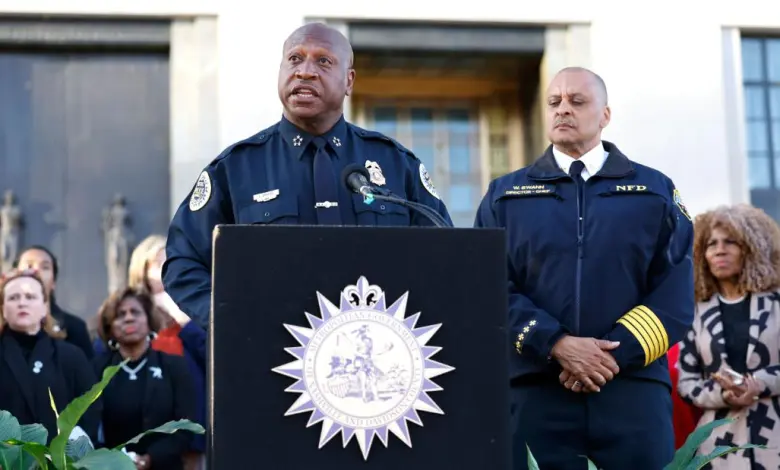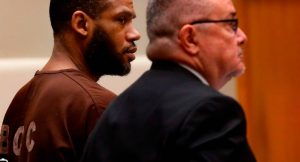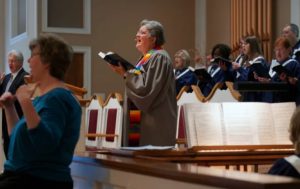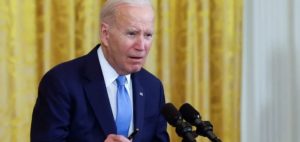
Even some of the nation’s most experienced authorities have started to question how the US police carry out their duties as onlookers and body-worn camera footage has revealed law enforcement mistakes, from the execution of George Floyd to belated intervention in a Texas school massacre.
However, the prompt, valiant response by officers this week to an attack on an overcrowded Christian private school in Nashville — also captured on a bodycam — has sparked a wave of gratitude and hope from police across the nation. Many of these officers have struggled with dwindling community trust and difficult recruitment in the wake of recent scrutiny.
Because of what you seen in our profession that was so admirable, there is a little more pride now.
According to former DC Metropolitan Police Officer Michael Fanone, “These cops have demonstrated what an American police officer is capable of when given the appropriate tools, the right instruction, and the right mindset.”
In fact, while police train to contain the devastation of America’s ostensibly inevitable next mass shooting, Engelbert and Collazo’s important efforts may serve as a “textbook” lesson, those on the ground told CNN. Meanwhile, revealing the willing risk taken by officers can help end long-standing police cynicism about what covert actions body-worn cameras might document while also luring additional change-makers to the field.
Former Boston Police Commissioner Ed Davis commented, “That kind of professional response is something that needs to be seen.”
During the school shooting, a Nashville police officer displays his gun.
As police officers throughout the nation have hailed the two and their coworkers at the scene as acclaimed heroes, the simple disclosure of the violence that Nashville officers faced — and how they responded to it — has generated a tsunami of pride that is flowing across police blogs and social media.
Davis, who recognized “terrible things were being displayed on the police force body cams” in other instances, said the first-person footage of Engelbert and Collazo’s response “is an example of how it’s becoming known exactly what to expect when police officers receive a call like this.”
According to Brenda Goss Andrews, president of the National Organization of Black Law, it’s critical that the general public be able to view recordings like this in order for them to understand just how risky policing is.



